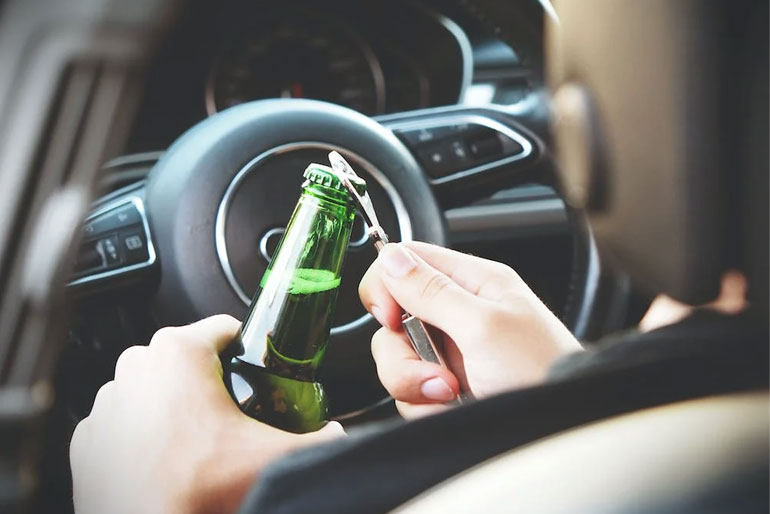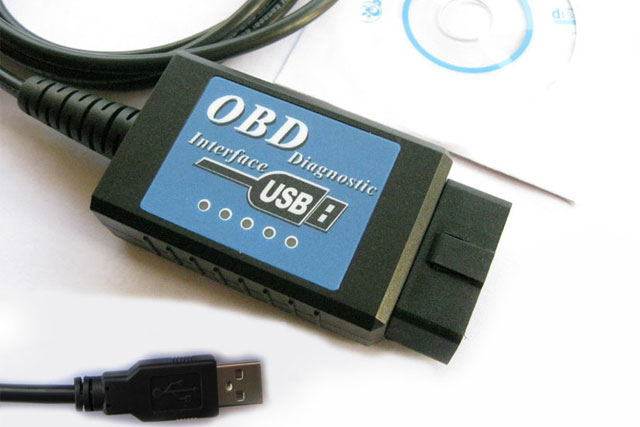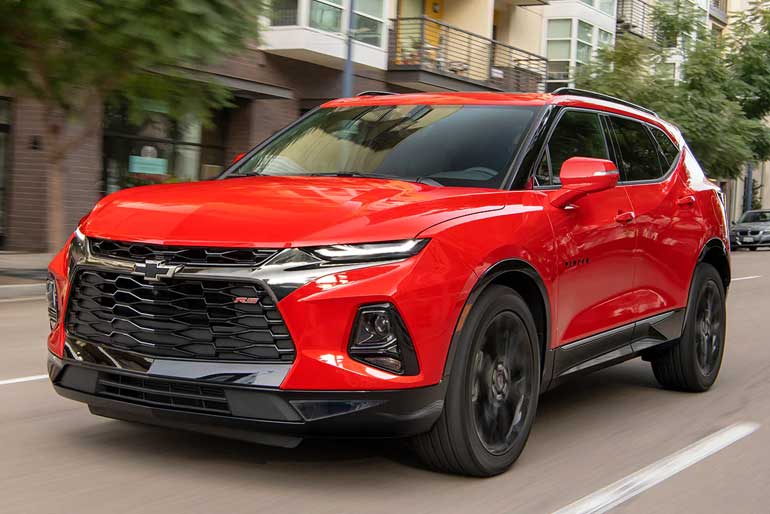Most of us want our ride to look nice. We’d rather pull up to work or a night on the town in a shiny new vehicle than an old, worn-down one. That’s natural. But why is that the case? Many of us might assume that our desire to be seen in clean, sleek, and fancy cars is a bit vain. We may not be shallow people, but surely our preference for nice cars is all about appearances. Right?
Well, not exactly. Or, at least, it shouldn’t be. The reality is that wanting your car to look great is a desire that is much more than skin-deep. Much like beautiful, glowing skin suggests something about the health of a person, so does a great exterior suggest something about a car’s condition.
More than Cosmetic
Imagine this: You take your car to the grocery store, park it, and head inside to do some shopping. You emerge later with armfuls of grocery bags and load up your trunk with milk, bread, and maybe a few bags of chips. And just as you’re walking back to the driver’s side door, you see it: a big dent on the rear door.
But this dent doesn’t affect how your car drives. It’s not big enough to make a major difference in safety. The door’s on works just fine, and besides, you hardly ever have many passengers. So this is just a cosmetic issue, right?
For now, sure. But dents — along with scratches and other issues — can become much bigger problems as time goes by. Dents and scratches offer surfaces that can rust easily. And rust is certainly not just a cosmetic issue. Rust can eat away at your vehicle and become a larger and larger problem, eventually threatening the safety of your vehicle or even, in extreme cases, totaling it.
Rust can also find a home on a dirty car, which is one of the reasons why heading to the car wash or the detailing shop is also far from being merely a cosmetic concern.
Given its dangers, it’s not hard to see why rust can reduce the value of a vehicle. And the resale value of your car will be similarly dragged down by other cosmetic issues, such as the aforementioned dents and scratches, fogged-over headlights, and overspray.
Caring for your vehicle’s looks
Clearly, how your vehicle looks is not just a shallow concern. Making sure that your vehicle looks its best will help your vehicle stay stronger for longer, and it will also help your long-term finances by ensuring that your vehicle keeps its value as effectively as possible.
So what should you do to care for your vehicle’s looks? Happily, your job isn’t too tough.
Start by addressing any major cosmetic issues that your car already has. If you see bubbling excess paint or clear coat, or if you spot any paint or other sprayed-on material that looks like it has hit a spot on your car that it shouldn’t have, then that’s overspray. Head to your local experts in overspray removal to get the problem fixed. If you have dents or scratches, head to the auto body shop for dent removal and spot-painting.
Next, make sure that your vehicle stays clean. Wash your car every two weeks or so, and be sure to take it in for detailing from time to time, too. Detailing services include in-depth washing that hits every nook and cranny of your car and makes it look showroom-new. Detailers will also give your vehicle a fresh wax and may offer extra services like headlight restoration.
Take care of your car like this — and respond quickly to any new dents and other cosmetic issues — and you’ll be much better off. You won’t just get a more attractive ride: You’ll also get a more reliable one that holds its value better for years to come.







